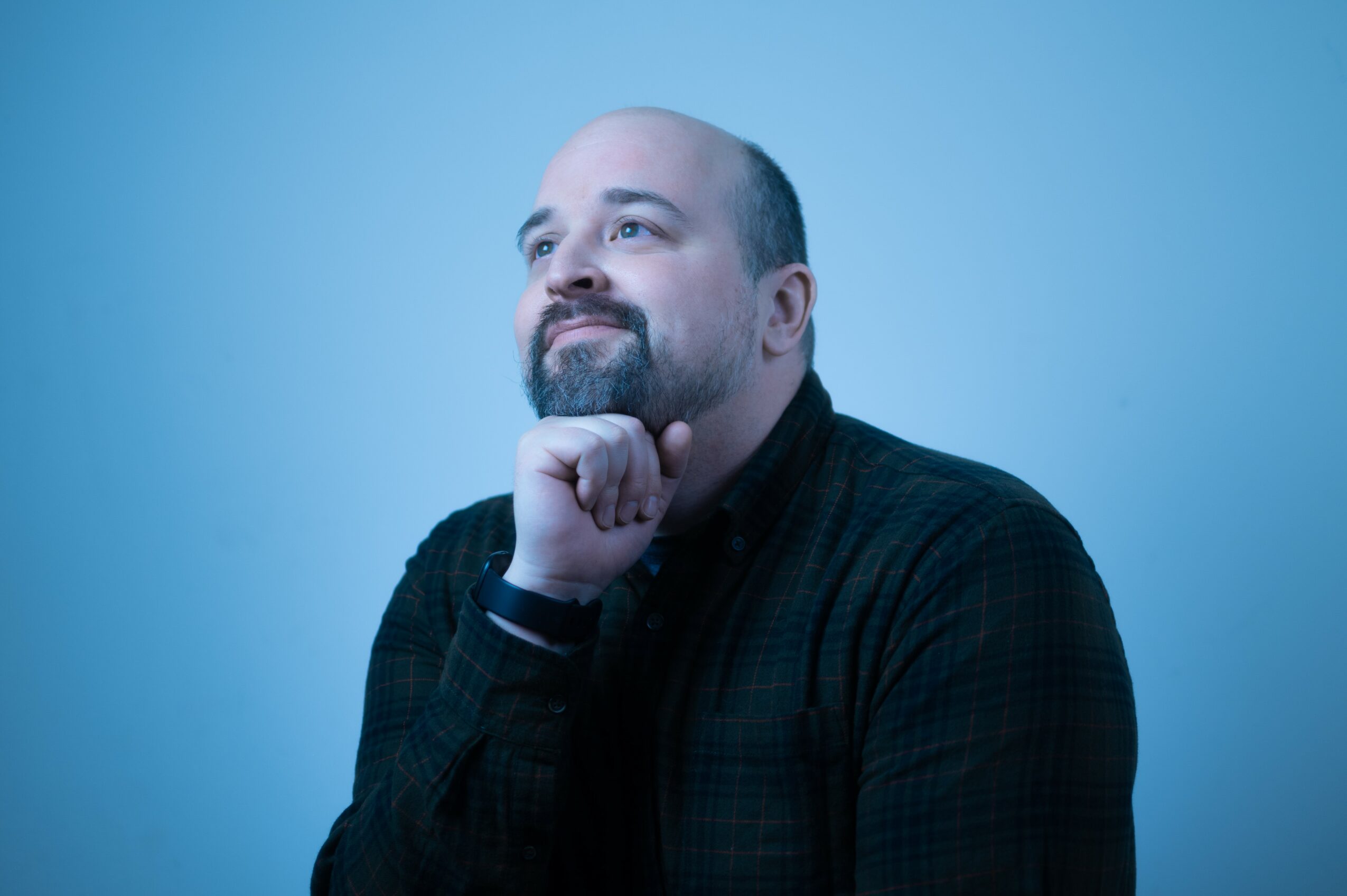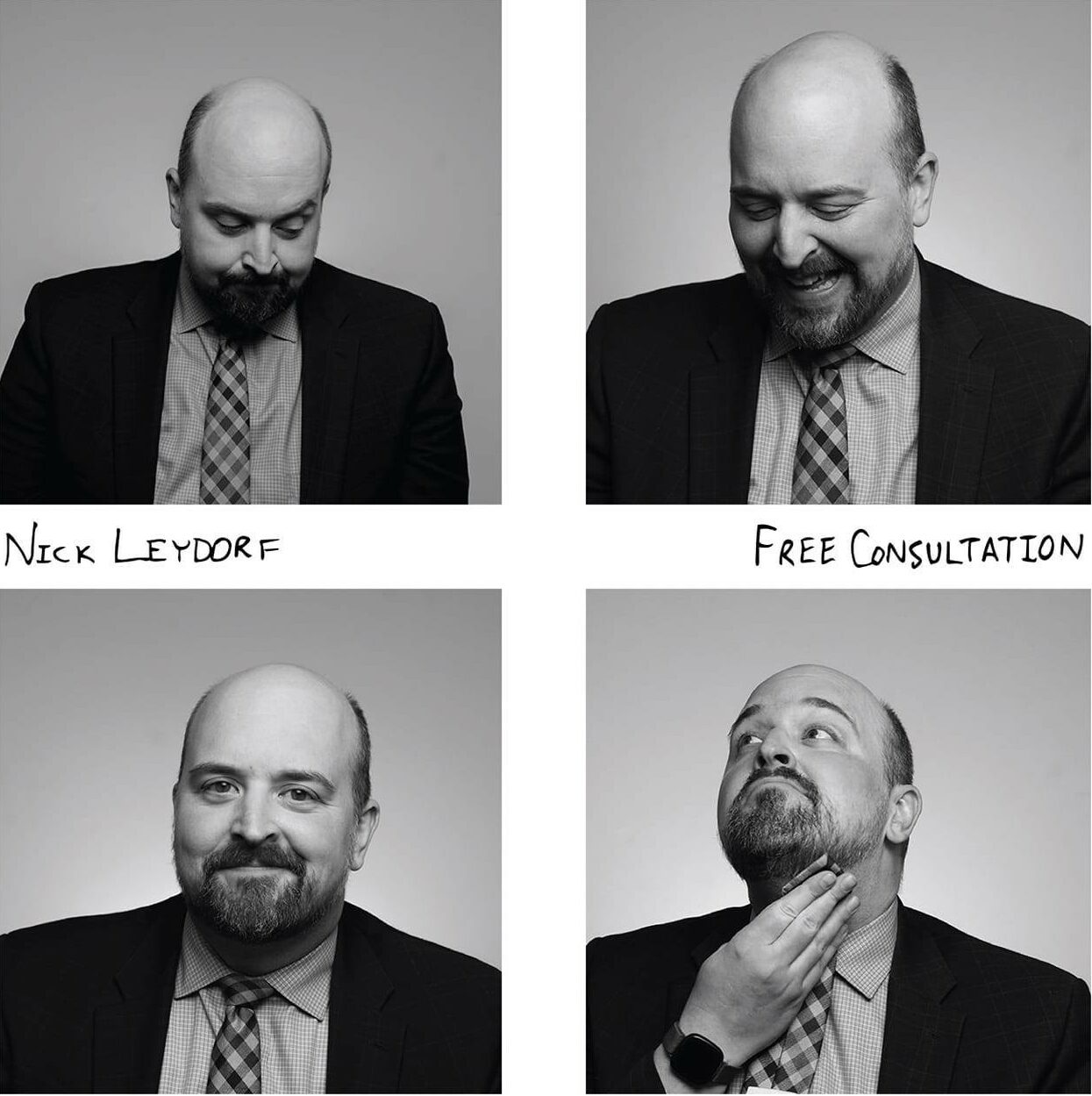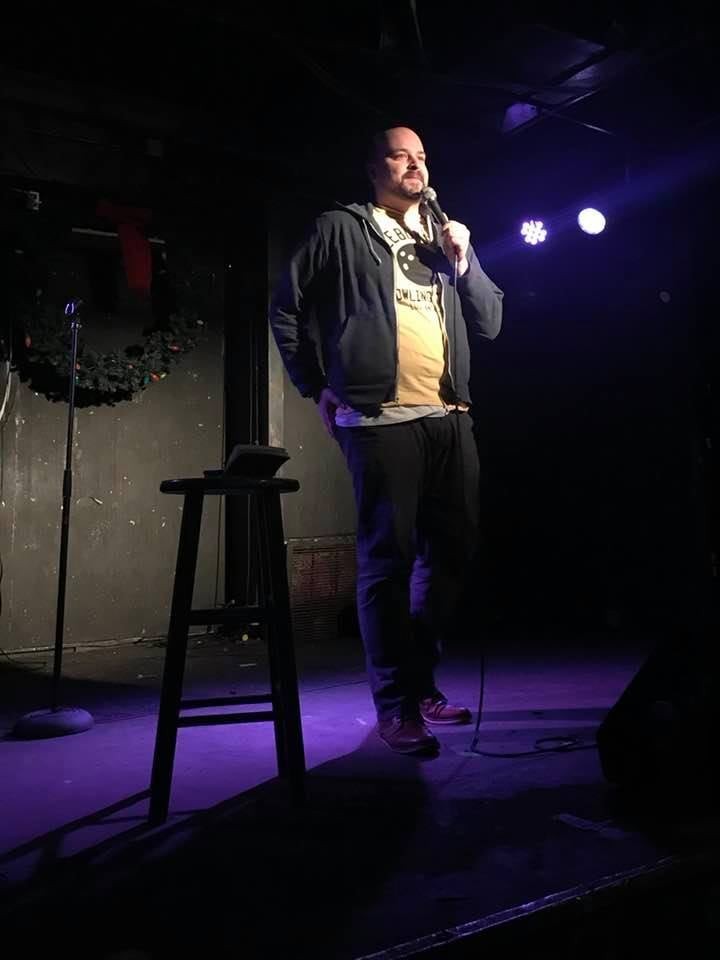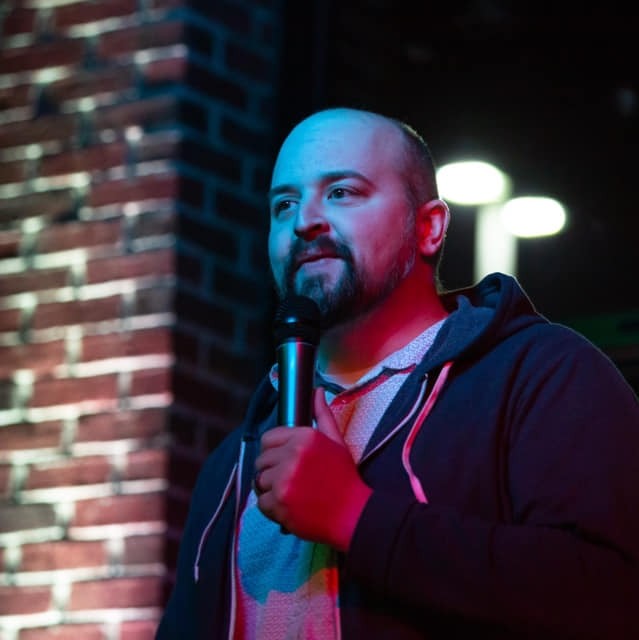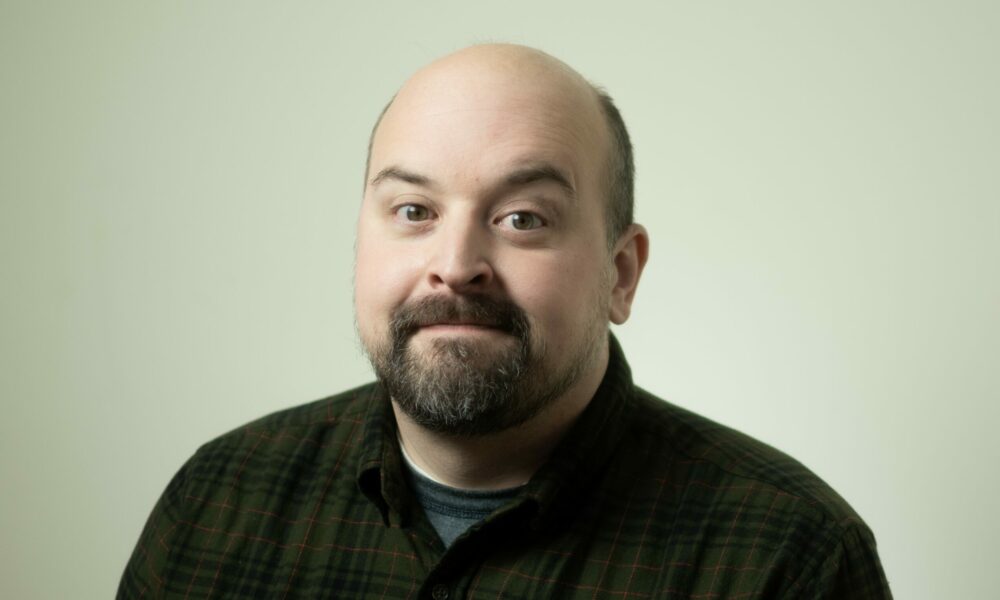

Today we’d like to introduce you to Nick Leydorf.
Hi Nick, it’s an honor to have you on the platform. Thanks for taking the time to share your story with us – to start, maybe you can share some of your backstories with our readers.
I started doing comedy at 32, which is a little later than most people. At that point, I had been a lawyer for 6 years, and I wasn’t enjoying what I was doing. A friend signed me up for an open mic and told me about it the day of the show, so I didn’t have anything prepared. It turned out to be a contest, so no pressure! I ended up doing really well for my first time on stage and ended up moving on to the next round of the competition. I lost in the finals to a guy who was a local TV personality who didn’t tell jokes and lip-synched a song. Can you tell I’m totally fine with it all these years later?
Comedy was something that I always wanted to do but never had the guts to try it. I’m thankful that I did.
Would you say it’s been a smooth road, and if not, what are some of the biggest challenges you’ve faced along the way?
No, it hasn’t been a smooth road. It’s getting there, but there were a lot of potholes along the way. When you first start doing stand-up, it’s a lot of work for zero money. There’s a lot of driving to open mics, which is where you work on your material. There’s no real structure on how to do it, so you’re up there on stage trying anything to connect with the audience. As you get more comfortable, you start to find your voice, and you fail less often. It’s a difficult pursuit because you need several things to go right; you need an audience. You can’t do this in the mirror at home; you need to be out in front of people to find out what you’re saying is funny. You may think it’s funny, but an audience may show you that what you thought was funny isn’t funny at all. Sometimes there are shows where the venue leaves the TVs on, or there’s no lighting, or the mic cuts out. You may see these fantastic comedians killing it on Netflix but what you don’t see is the thousands of hours of work that goes into honing their craft. However, I think I’ve gotten more out of the experience because it hasn’t been easy. Stand-up has changed who I am as a person. I’m more confident, I’m not scared of speaking to people in public, and I can make a bunch of strangers laugh.
Appreciate you sharing that. What else should we know about what you do?
I’m a stand-up comedian and lawyer. I’ve been a lawyer for 16 years, and I have been doing stand-up comedy for 10 years. I’m most proud of recording my first special in April 2022 at The Robin Theatre in Lansing. It was something that I had been planning to do for several years, but the pandemic made me postpone it a bit. It’s coming out October 14th, and I’m having a release party at The Fledge in Lansing. Info at https://msha.ke/comedianatlaw/
What sets me apart from others is my 2nd career of being a lawyer. There are a few lawyers/comedians, but not many. Stand-up started as a way to vent my frustration from being a lawyer, and I enjoy bringing people into my world. Being a lawyer isn’t what it’s like on “Law and Order.” It’s incredibly stressful and there isn’t the “dun-dun” noise at the end of everything.
I have enjoyed being a part of several comedy festivals over the years like Cleveland Comedy Festival, Motor City Comedy Festival, Crossroads Comedy Festival (Indianapolis), What a Joke Festival, and I’ll be appearing in the Stand U.P. Comedy Festival later this year in Marquette. I’ve also gotten to work with some of my favorite comedians, like Nate Bargatze and Chad Daniels.
Before we let you go, we’ve got to ask if you have any advice for those who are just starting out.
Don’t think about doing stand-up; just get out there and do it. Being a lawyer causes me to overthink things to death, and because of that, it kept me from getting out there and doing it for the first time. Whenever someone mentions that they want to try it, I tell them to do it now. Don’t wait.
Starting out, I wish I had known that there’s a lot of business involved in doing comedy. If you want to do shows, you have to network with people and work your way up. It’s not a meritocracy, which is counterintuitive. You’d think that the funniest people get the most work, but that’s not the case. There are some people that I wouldn’t consider funny getting a lot of work because they know how to market themselves.
Comedy has taught me to be patient as well. Chances are, things aren’t going to happen overnight. It’s all about putting in the work, being grateful for what you have, and staying positive. Over time, you’ll get better.
Contact Info:
- Website: www.comedianat.law
- Instagram: instagram.com/comedianatlaw
- Facebook: facebook.com/comedianatlaw
- Other: tiktok.com/@comedianatlaw
